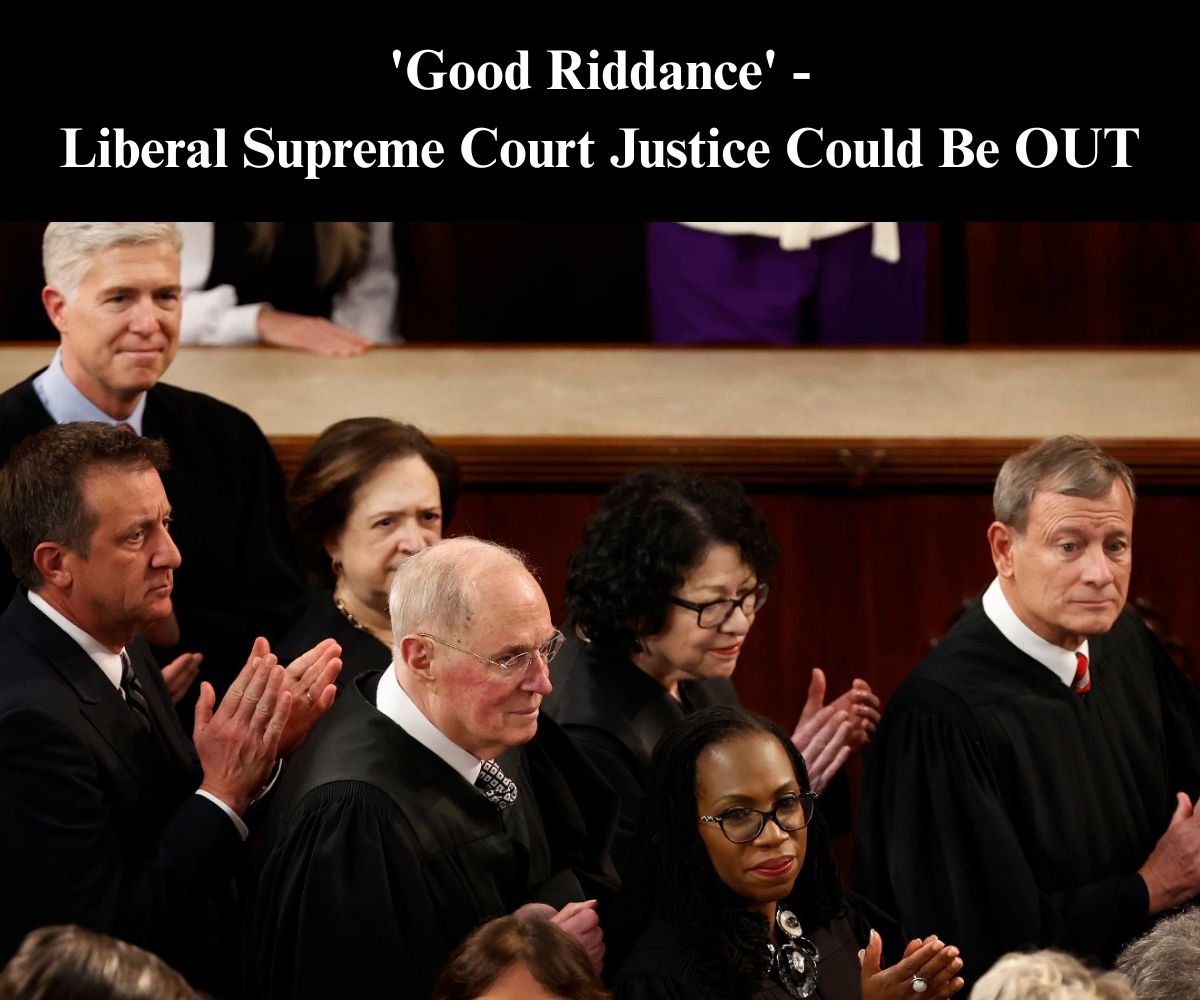Louisiana Republican Sen. John Kennedy said he was “proud” of the Supreme Court following a Friday ruling that he argued must be good for the country—if only because it appeared to deeply anger Justice Ketanji Brown Jackson.
Appearing on Fox’s Faulkner Focus with anchor Harris Faulkner, Kennedy applauded the Court’s 6–3 decision in a case involving birthright citizenship, one of several recent rulings that have drawn sharp backlash from the left.
The ruling effectively struck down lower court injunctions blocking executive orders issued by former President Donald Trump. Faulkner pointed out that the decision could impact more than just Trump’s birthright citizenship order, potentially setting a broader precedent.
“So this has bigger implications than just that one topic of birthright citizenship,” said Faulkner. “Your reaction to this?”
“The Supreme Court has turned the universal injunctions into fish food, as well it should have,” said Kennedy. “There’s no basis in statute. There’s no basis in Supreme Court precedent. There is no basis in English common law for universal injunctions.”
He continued, saying that, “Judges who just dislike what Congress and a president, any president, has done, just made them up. And good riddance. I’m proud of the Supreme Court.”
He then pointed to Justice Jackson’s dissent, which has become a major focus of discussion since the rulings were issued.
“It’s a very extensive ruling. You can tell it from Justice Jackson’s dissent,” he said. “She’s mad as a bag of cats, and that’s probably a good thing for the American people.”
After reviewing Trump’s Truth Social post on the matter, Faulkner asked Kennedy to elaborate. He clarified that the Court didn’t rule directly on birthright citizenship, but rather on what he called the “illegal” use of universal injunctions—an authority he said that “federal judges just made up.”
“You know, if they disagree, you know, I’m sorry. Fill out a hurt feelings report. Buy a comfort rock,” Kennedy said. “But they can’t just say, I disagree and I’m putting the entire action by another branch of government on hold because I don’t like it.”
Kennedy added that “both sides have abused it, and by it I mean universal injunctions. The Democrats more than the Republicans, but both sides of abused it. And it’s illegal. There’s no basis for it in law. And I’ve just been waiting for the Supreme Court to do this.”
“I mean, anybody who knows a law book from an L.L. Bean catalog knows that federal judges just made up this concept of universal injunctions,” Kennedy went on.
Justice Amy Coney Barrett wrote the majority judgment for the court. Brown dissented along with Justices Sonia Sotomayor and Elena Kagan.
In her opinion, Barrett wrote: “Some say that the universal injunction ‘give[s] the Judiciary a powerful tool to check the Executive Branch.’ … But federal courts do not exercise general oversight of the Executive Branch; they resolve cases and controversies consistent with the authority Congress has given them. When a court concludes that the Executive Branch has acted unlawfully, the answer is not for the court to exceed its power, too.”
Barrett also directly attacked the argument made by Jackson, a Biden appointee.
“We will not dwell on Justice Jackson’s argument, which is at odds with more than two centuries worth of precedent, not to mention the Constitution itself. We observe only this: Justice Jackson decries an imperial Executive while embracing an imperial Judiciary,” Barrett, who taught law at the University of Notre Dame for years, added.
“In other words, it is unecessary to consider whether Congress has constrained the Judiciary; what matters is how the Judiciary may constrain the Executive. JUSTICE JACKSON would do well to heed her own admonition: ‘[E]veryone, from the President on down, is bound by law.’ That goes for judges too,” she wrote.
